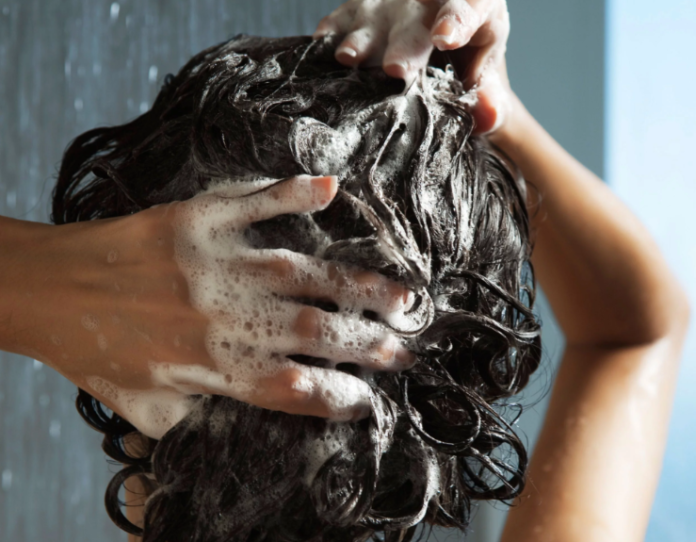Have you ever thought about do all shampoos properly wash your hair ? The answer is no, not all shampoos created equal. Some of them may not effectively clean your hair and as result leave your hair greasy and weighed down. In this article we will delve into different shampoo effectiveness.
While selecting right product for your hair, understanding shampoo is very important. Shampoo is hair caring product and it designed to clean scalp and hair from dirt, oil, and product buildup. But not all shampoos created equal, as some may contain harsh ingredients which strip hair of its natural oils, and others can be ineffective at removing buildup.
Different shampoo effectiveness may vary depend on a number of factors. For example, type of your hair, the water quality, and amount of product buildup on your hair can affect how well shampoo works. We will explore all these factors in more detail and how they impact effectiveness of your shampoo in next sections.
Key Takeaways • Not all shampoos created equal and some cannot clean your hair effectively. • Understanding your hair type and factors that affect shampoo effectiveness can help you. • Hair type, water quality and product buildup can affect shampoo effectiveness.
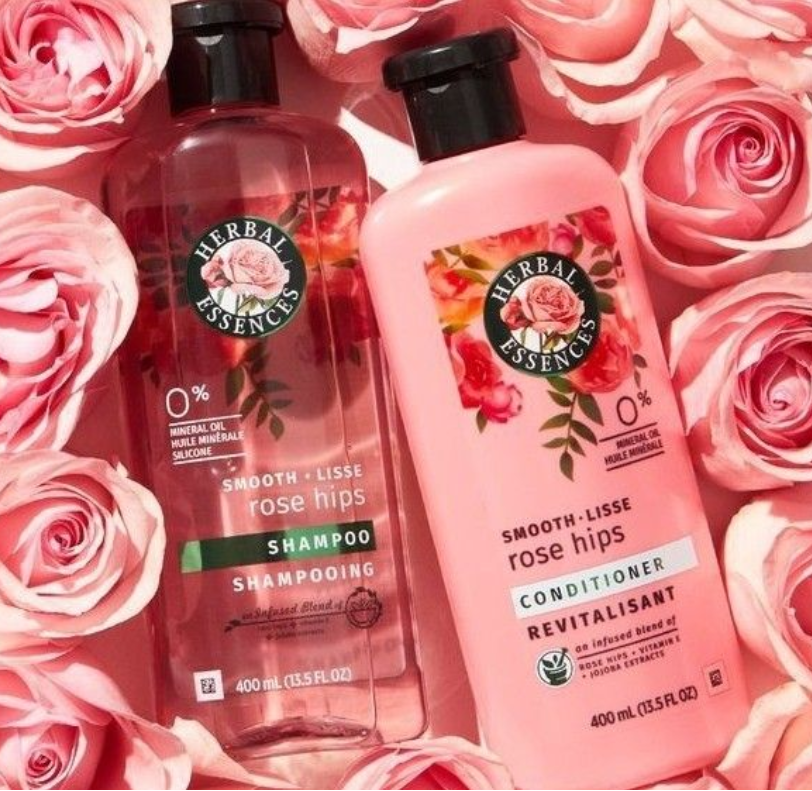
Understanding Shampoo
Shampoo is a hair care product. It designed to clean hair and scalp. It contains ingredients to remove dirt, oil, buildup from hair and leaving it clean and refreshed. But not all shampoos created equally, so some of them may not clean your hair properly. While choosing shampoo, important to figure out your hair type and specific needs. For example, if you have dry or damaged hair, you can choose a shampoo designed to repair or moisturize your hair. And if your hair is color-treated, better to choose shampoo that specifically formulated to protect and enhance your color.
Most important factor to consider while choosing shampoo is the type of surfactant in it. Surfactants are shampoo ingredient which create lather and remove dirt and oil from hair. There are different types of surfactants, and each of them have unique properties and benefits. Some surfactants found in shampoo include:
- Sodium Lauryl Sulfate (SLS): This is strong surfactant, creates a lot of lather and very effectively removing dirt and oil. However, it can harsh and dry your hair, so it’s not suitable for all types of hair.
- Sodium Laureth Sulfate (SLES): This one is a milder surfactant, and less drying than SLS. It still creates good lather and effectively clean the hair.
- Cocamidopropyl Betaine: This is very mild surfactant, gentle on hair and scalp. It doesn’t create as much lather as SLS or SLES, but it is still effectively can clean your hair.
- Ammonium Lauryl Sulfate (ALS): This is less surfactant, similar to SLS. It creates a lot of lather and effectively clean your hair, but it can harsh and drying.
Additionally, to surfactants, shampoos can contain other ingredients as moisturizers, conditioners and fragrances. These ingredients can improve texture and appearance of hair, but they are not necessary for everyone.
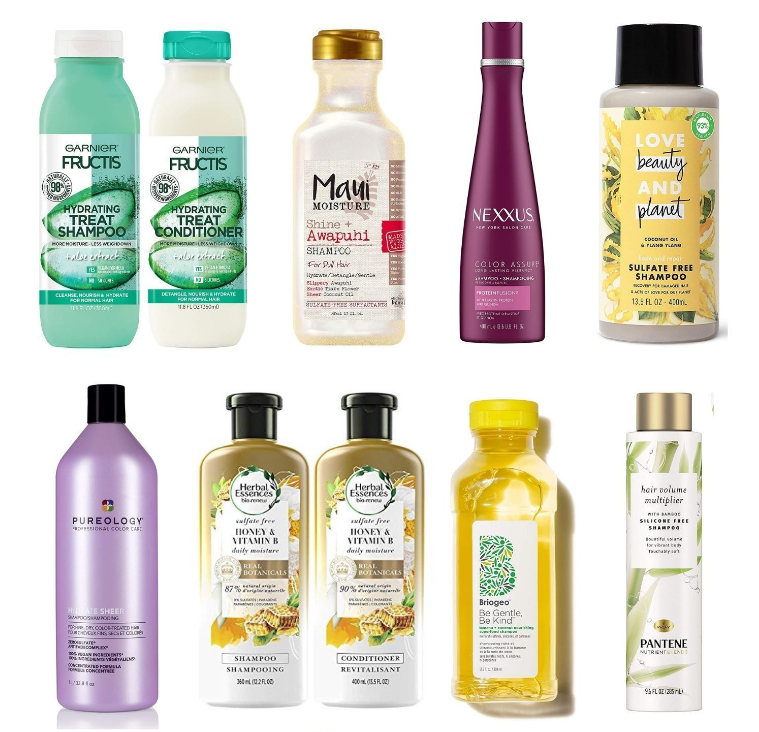
Effectiveness of Different Shampoos
Not all shampoos created equal while it comes to washing your hair. Some shampoos specially designed to solve certain hair problems, such as oiliness, dandruff or dryness. In this part we will discuss effectiveness of various shampoo types, including moisturizing shampoos, clarifying shampoos, volumizing shampoos, and medicated shampoos.
Moisturizing Shampoos
Moisturizing shampoos formulated to add moisture to dry and damages hair. They usually contain ingredients such as panthenol, glycerin and natural oils as argan or coconut oil. These shampoos can effectively restore moisture in your hair and giving it softness and smoothness. But for oily hair moisturizing shampoos not the best option as they can make your hair greasy.
Clarifying Shampoos
Clarifying shampoos designed to remove buildups from styling products as hard water or chlorine. They contain ingredients which helps to remove buildup and restore natural shine of your hair such as citric acid. However, for color-treated hair they might not be best option as they can strip your hair of its color.
Volumizing Shampoos
Volumizing shampoos give volume to thin, flaccid hair. They usually contain wheat protein, which helps to add volume and strength your hair. These shampoos are effective for adding volume to your hair, but for thick or heavy hair they will not be best option.
Medicated Shampoos
Medicated shampoos are treat specific scalp diseases, like dandruff or psoriasis. They contain active ingredient as coal tar or salicylic acid. They reduce inflammation and soothe the scalp. Medicated shampoos can effectively treat scalp conditions, but they should be used direct and not as daily shampoo.
In general, effectiveness of different shampoos depends on your individual concerns and type of hair. You should choose right shampoo that specially designed for your hair type and use it according instructions. If you are not sure which shampoo suits you, you can consult hairstylist or dermatologist.
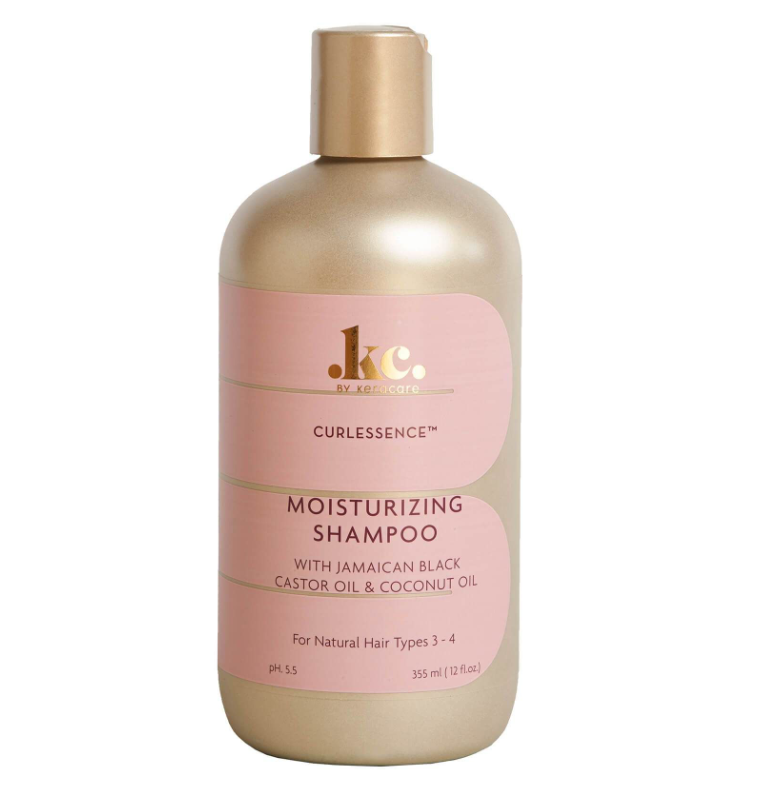
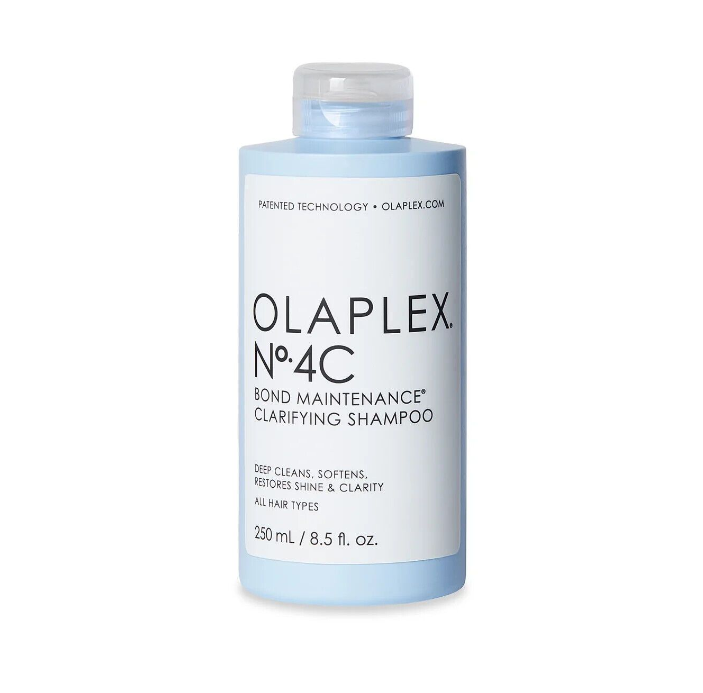
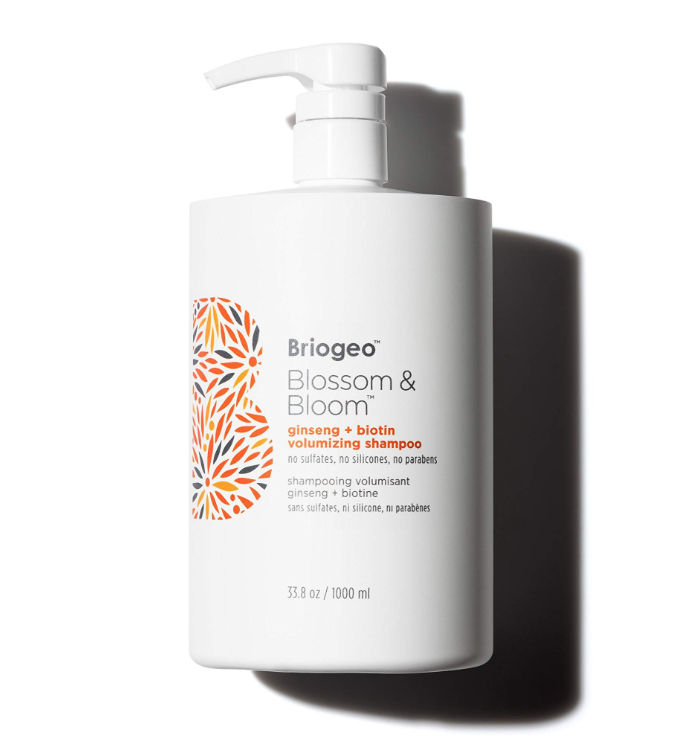
Factors Affecting Shampoo Effectiveness
As all shampoos are not created equal, there are several factors that can affect how well shampoo clean your hair. Here are some most important factors:
Hair Type
How well shampoo clean your hair can depend on your hair type. If you have fine, thin hair, it’s better to look for shampoo designed to add volume and body. But if you have thick, curly hair, you should use shampoo that specifically formulated to tame frizz and define curls.
Scalp Condition
The scalp condition can also affect how well shampoo cleans. If you have dry scalp, better to look for shampoo with moisturize ingredients such as coconut oil or shea butter. But for oily scalp, you should use shampoo that designed to control oil production.
Frequency of Use
Another factor which impact to effectiveness of shampoo is how often you use shampoo. If you wash your hair daily, you should look for gentle, sulfate-free shampoo which won’t strip your hair of its natural oil. If you wash your hair once or twice a week, better use more clarifying shampoo to remove buildup and keep them clean and fresh.

Common Misconceptions About Shampoos
There are many misconceptions that people believe, while it comes to shampoos. Here are some common misconceptions about shampoos:
Misconception #1: All shampoos are the same
This common misconception could not be further from truth. Not all shampoos are created equal, and shampoo type you use can make big difference in how well they clean your hair. For example, there are shampoos designed specifically for oily hair, damaged hair or to add volume. It’s important to choose correct shampoo which tailored to your hair type to ensure that it cleans your hair properly.
Misconception #2: Expensive shampoos are better
Many people believe how more expensive is shampoo, then that much it is good. However, it’s not always true. Some expensive shampoos contain high-quality ingredients, and there are some affordable shampoos which works just as well. The thing is to choose shampoo that matches your hair type and contains useful ingredients for them.
Misconception #3: All shampoos lather the same
Another common misconception is that all shampoos lather the same. However, this is not true. The amount of lather a shampoo produces depends on the ingredients it contains. For example, shampoos that contain sulfates tend to produce a lot of lather, while sulfate-free shampoos may not lather as much. The amount of lather a shampoo produces does not necessarily indicate how well it cleans your hair.
This common misconception is that all shampoos foam the same way. However, this one also is not true. Amount of lather shampoo produces depend on ingredients on it. For example, shampoo contains sulfates tent to produce a lot of lather, but sulfate-free shampoos will lather less. Amount of foam formed while using shampoo does not necessarily indicate how well it cleans your hair.
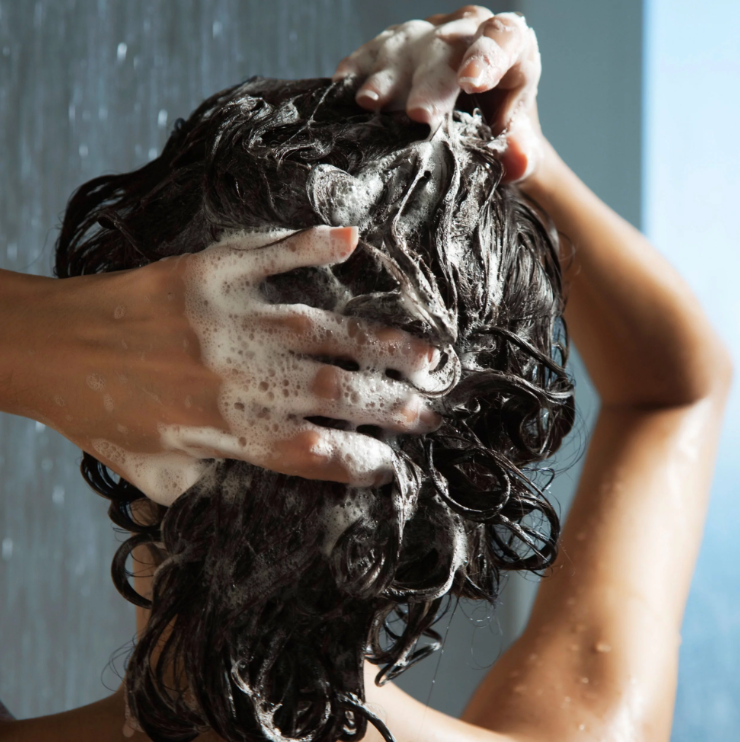
Misconception #4: You need to shampoo your hair every day
Another common believe is that you need shampoo hair every day to keep it clean. However, most people do not need this. Shampooing your hair daily can strip its natural oils, which will lead to dryness or damage. How often you should shampoo your hair depends on your type of hair and how is your scalp oily. For most people, it’s enough clean hair every other day or every few days.
In conclusion, I want to say that there are many misconceptions about shampoos that people believe to be true. But it’s important to select right shampoo which tailored to your hair type and contains beneficial ingredients for your hair. In addition, you don’t need shampoo your hair daily, and amount of foam formed while using shampoo doesn’t indicate how well it cleans your hair.
Select the right shampoo which suits your hair type and use it correctly to keep your hair healthy and good looking. Take care of yourself!

